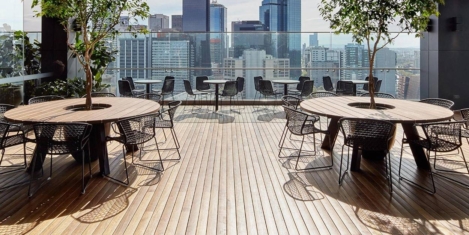November 10, 2016
Nearly half of HR professionals don’t feel up-to-speed with new workplace legislation 0
 New research from identity data intelligence firm GBG claims there are a startling number of HR professionals (41 percent) who are struggling to keep up with new and changing workplace legislation. Recent changes to UK law, such as those made to the Right To Work in the Immigration Act and Modern Day Slavery Act are met with anxiety by 34 percent of respondents. Only 26 percent feel prepared and just 4 percent feel optimistic that the changes will be advantageous for their organisation. Despite half of HR professionals not feeling prepared to handle legislation changes, 62 percent believe it’s their primary responsibility. Almost one in five (18 percent) said it was their manager’s obligation and 9 percent believed the Board should be in charge of monitoring for change.
New research from identity data intelligence firm GBG claims there are a startling number of HR professionals (41 percent) who are struggling to keep up with new and changing workplace legislation. Recent changes to UK law, such as those made to the Right To Work in the Immigration Act and Modern Day Slavery Act are met with anxiety by 34 percent of respondents. Only 26 percent feel prepared and just 4 percent feel optimistic that the changes will be advantageous for their organisation. Despite half of HR professionals not feeling prepared to handle legislation changes, 62 percent believe it’s their primary responsibility. Almost one in five (18 percent) said it was their manager’s obligation and 9 percent believed the Board should be in charge of monitoring for change.




































November 10, 2016
If we want to maximise productivity and wellbeing, how many hours should we work? 0
by Mike James • Comment, Flexible working
(more…)